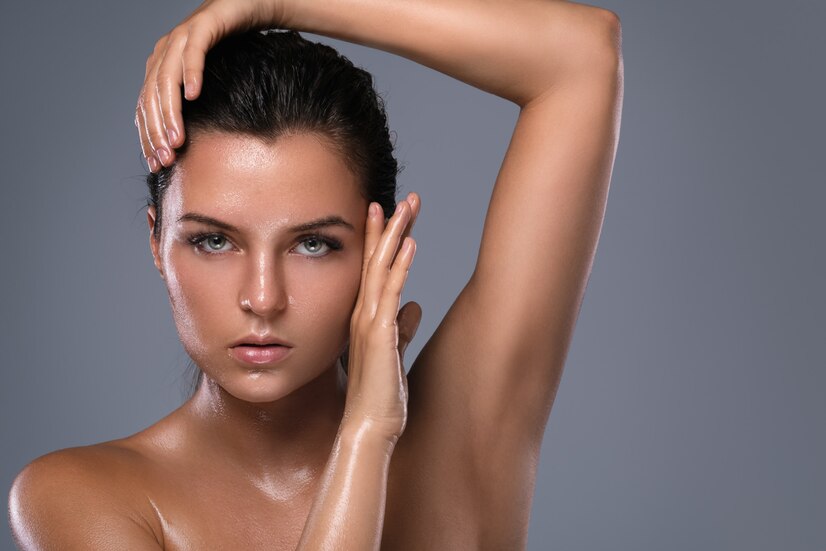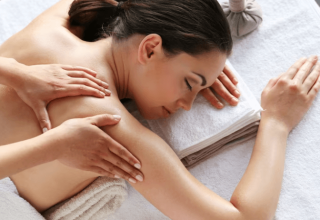Having Trouble With Oily Skin? What You Might Have To Do
People with oily skin often face several issues, chief among them being an inability to keep their skin matte for an extended period.
This can be caused by various factors, including genetics and the type of products they use. According to the American Academy of Dermatology, oily skin is commonly caused by overactive sebaceous glands. This can lead to people with oily skin having to take extra steps to keep their skin looking and feeling its best.
Some of the other issues that people with oily skin may face include the following:
- An increased risk for acne breakouts
- A shiny appearance that can make them look sweaty or greasy
- Lack of hydration, which can lead to dryness and flakiness
- The feeling that their makeup is never quite set
If you have oily skin, you should take the necessary steps to keep it looking its best. It will range from daily lifestyle changes to restructuring your everyday surroundings.
Here are a few of the things you can do.
1. Adjust Skincare Routine

Parents teach their children skincare because it is vital to keeping skin healthy. However, they might need to consider the difference between skin types. If you have oily skin, your routine might not be as effective as a person with relatively healthier skin. As a result, adjusting will become necessary.
One of the best things you can do if you have oily skin is to adjust your skincare routine to meet your needs better. This might include using products specifically designed for oily skin or a heavier moisturizer to help keep your skin hydrated.
Consider using a primer before you apply your makeup, as this can help to mattify your skin and make your makeup last longer. If you have oily skin, it’s essential to find products that work well for you and will help address your specific concerns.
Facial powder for oily skin can also be helpful. This powder absorbs oil, which can help keep your skin matte for extended periods. It’s important to remember that too much powder can cause your skin to become dry and flaky, so you should use it sparingly.
2. Make Diet Changes

It might surprise some people to learn that their diet can affect the appearance and health of their skin. Eating certain types of food or avoiding others can impact your overall complexion. If you have oily skin, try changing your diet to see if it has any positive effects on your skin.
Foods high in sugar are typically bad for oily skin because they can lead to breakouts. Also, eating fried and processed foods can increase the oil production on your skin. Instead, focus on foods high in antioxidants and healthy fats like fish and nuts. These types of food will help keep your skin healthy and hydrated without making it too oily.
Finally, drinking plenty of water is always a good idea for skincare. Water helps flush out toxins from your body, which can help reduce the amount of oil produced on your face. Drink at least eight glasses of water daily for the best results. A healthy lifestyle will include proper nutrition, and your skin will be one of the most visible traits of healthiness. For proper nutrition, apart from a regular healthy diet, you can also try oral or IV supplements. Oral supplements that can be tablets, capsules, or powders also need regular use to give you results. IV therapies are 1-time procedures lasting 30-60 minutes. IV fluids are full of vitamins and minerals that go directly to your veins, balance your vitamin levels, and hydrate your body. Some clinics and IV providing centres also offer house calls and IV are flexible such as RNs in mobile IV therapy in OKC, they offer mobile services for those who travel a lot due to prolonged stressful work schedules.
3. Improve Ventilation At Home

Proper ventilation can help reduce the amount of oil produced on your skin. A lack of adequate ventilation in your home or office can lead to an overproduction of fat, making it difficult for you to keep your skin matte and shine-free.
To properly ventilate your home or office, please ensure windows are open whenever possible and do regular dusting sessions. Consider adding a small fan if you have access to one, as this can help circulate air better and keep things cool indoors. Also, avoid products that contain strong fragrances, as these could worsen the situation by increasing oil production even further.
If you have the budget, home renovation might be the better option compared to the other solutions. Renovations can help keep your home adequately ventilated and reduce the amount of oil produced on your skin.
You can start with small changes like adding windows and replacing carpets with hardwood floors. Another option is to install a ventilation system in your home or office. This can help keep things cool and reduce the amount of oil produced on your skin.
Conclusion
Having oily skin doesn’t have to be the end of the world. You can reduce the oil produced on your face and keep it looking its best. Consider adjusting your skincare routine, changing your diet, and improving ventilation in your home or office, as these can help control oily skin at bay. With enough effort, you should be able to maintain healthy, shine-free skin in no time!
Read Also:
- 10 Best home remedies for glowing skin
- How To Choose An Acne Treatment For Your Skin Type
- Lightening Your Skin Safely: Avoid These Practices and Ingredients



